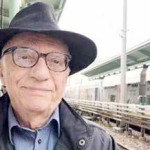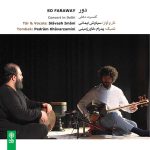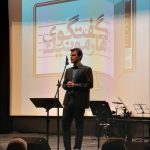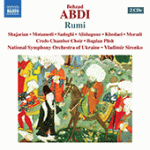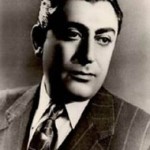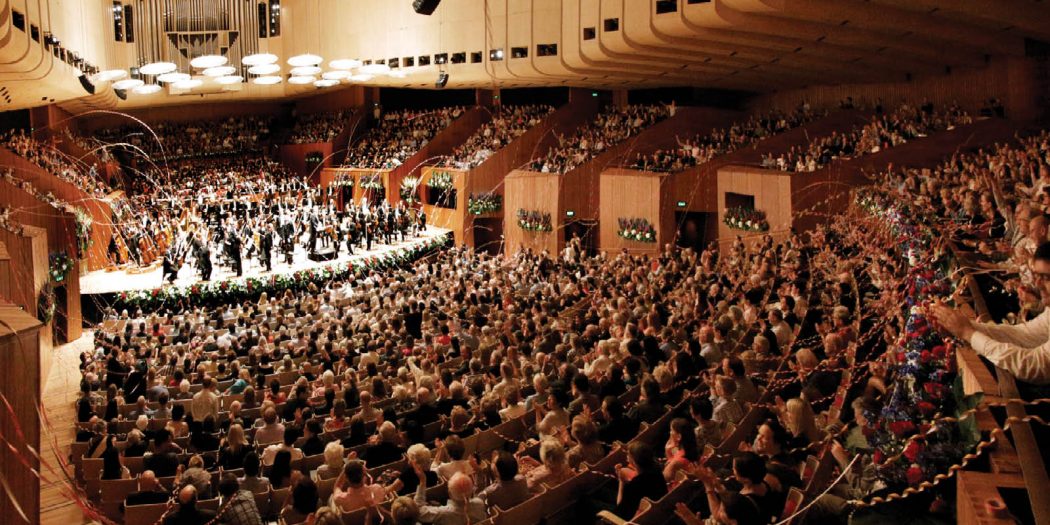
Translated by Mahboube Khalvati
Mr. Mohsen Ghanebasiri, author and critic in the field of economy, culture and arts, delivered the following speech at the first anniversary of launching Women of Music website in March 2012. The late theorist highlighted the role of arts, specially the music, in the development of societies: “As far as the individual upbringing is concerned, a newborn baby is absolutely dependent. The relation between the baby and the parents is based on orders. There is lots of relativity in these orders; therefore, they are political orders. In the economy, however, the relations are mutual and based on common logic; hence, the formation of the concepts of democracy and individuality.
The prerequisite for the emergence of economy in a society is the existence of an individuality which has the power to decide. However, the best type of a relation is the one which is mutual and procreative. In this relation, nothing is exchanged but created.
This relation is the ‘cultural’ relation. In the realm of the human-made structures, the human being is provided by the technological productions but they vanish after a while; however, this is not true about the cultural creations. The last phase of the human being’s capability shows up as a resource. In the domain of culture we have attractions.
The society which develops quickly is not a political society but a cultural one. The society which draws on the ultimate capability of its cultural spaces will be equipped with the power to play a role in the future. Now if we concentrate on the music, we perceive that the more this art pushes its boundaries and leaves the domestic territory and enters the social environments, it gains a richer capacity; on the contrary, the more it is created in the restricted spaces, the more it turns vulgar and cheap as it cannot be criticized. We have now made two genres of the art cheap and vulgar for the same reason in our society: music and dance. With regard to the dance, which is an absolutely spiritual concept we have turned into a cheap valueless affair by depriving it of the social life environment.
With regard to the music, we have again made it cheap by abandoning the female voice and depriving it of the social life power; and therefore, we have darkened the horizons of the society’s future.”


